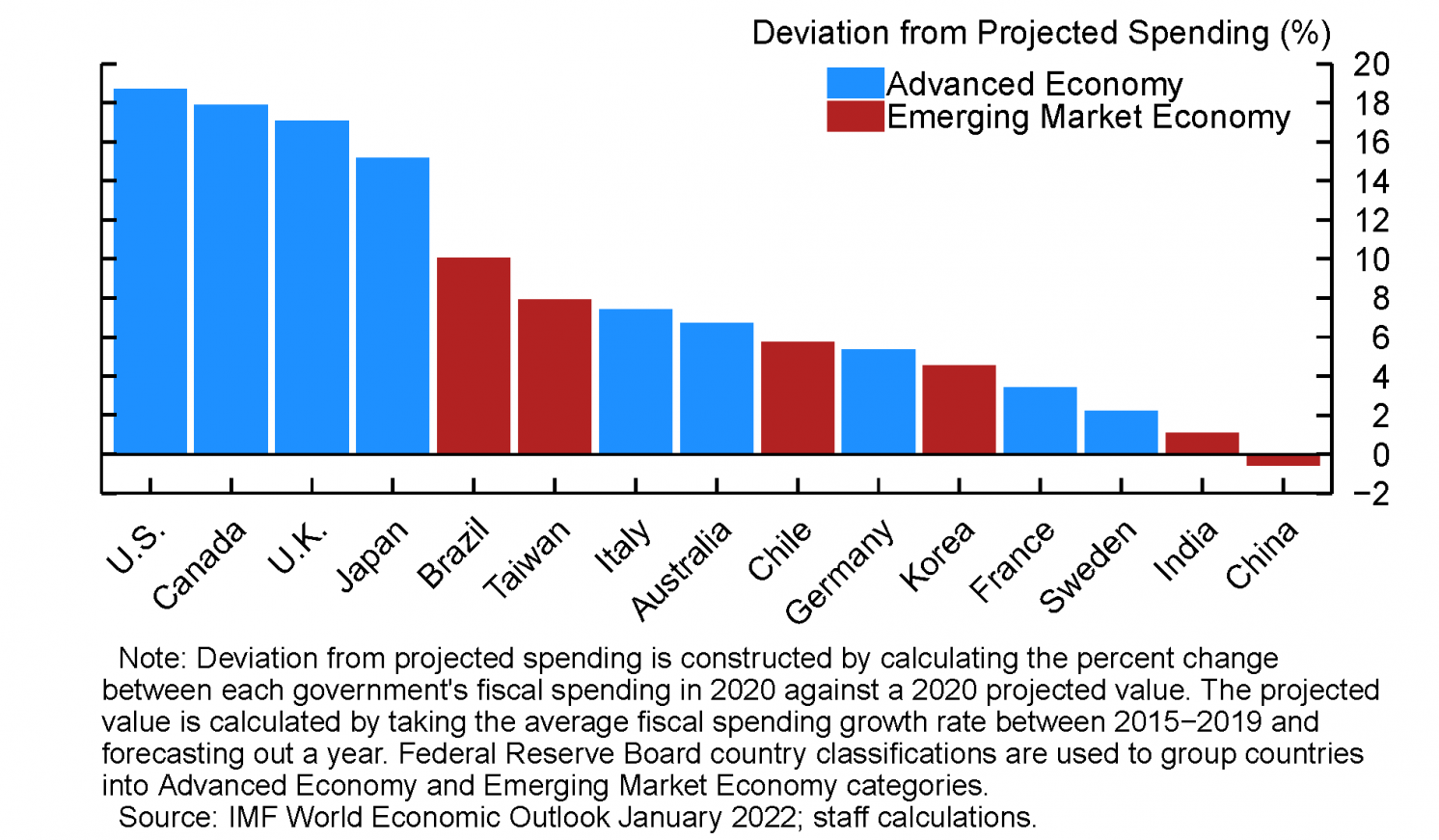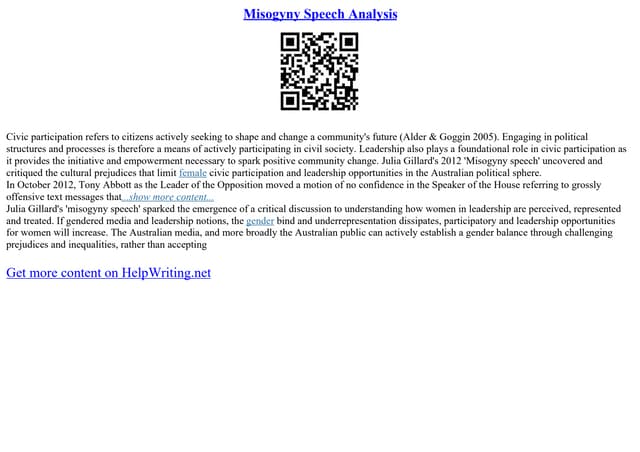ECB: Lingering Pandemic Fiscal Support Fuels Inflation

Table of Contents
The Scale of Pandemic Fiscal Support in the Eurozone
The COVID-19 pandemic necessitated unprecedented fiscal interventions across the Eurozone. Governments implemented a wide array of measures to support businesses and individuals, including extensive furlough schemes, direct cash payments to citizens, and substantial loan guarantees for struggling businesses. The scale of this spending was enormous, representing a significant percentage of GDP for many member states.
- Examples of specific fiscal programs: Germany's Kurzarbeit program (short-time work), France's chômage partiel (partial unemployment), and Italy's various support packages for businesses and families.
- Total amount of spending across the Eurozone: While precise figures vary depending on the methodology used, estimates suggest hundreds of billions of euros were injected into the Eurozone economy through these pandemic-related fiscal measures.
- Impact on national debts: This massive increase in government spending led to a significant rise in national debts across the Eurozone, impacting fiscal sustainability in the long term. The ratio of government debt to GDP increased substantially in many countries.
The Link Between Fiscal Support and Increased Demand
The surge in disposable income resulting from the pandemic fiscal support fueled a significant increase in demand for goods and services across the Eurozone. This excess demand, coupled with supply chain bottlenecks and disruptions caused by the pandemic itself, led to a classic case of demand-pull inflation.
- Examples of sectors experiencing increased demand: The hospitality, tourism, and retail sectors saw a sharp increase in demand as lockdowns eased and consumers spent their accumulated savings.
- Analysis of consumer spending patterns: Data from Eurostat and other sources reveals significant increases in consumer spending in various categories, indicating the impact of increased disposable income.
- Discussion of supply chain disruptions: The pandemic disrupted global supply chains, leading to shortages of various goods and contributing to price increases. The confluence of increased demand and constrained supply exacerbated inflationary pressures.
The ECB's Response to Inflation and the Challenges it Faces
Faced with soaring inflation, the ECB has employed various monetary policy tools to curb price increases. This includes raising interest rates, a move designed to reduce borrowing and cool down the economy. However, the ECB faces a complex balancing act. Raising interest rates too aggressively risks stifling economic growth and potentially triggering a recession.
- Summary of recent ECB policy decisions: The ECB has gradually increased its key interest rates, marking a significant shift from its previous accommodative monetary policy stance.
- Analysis of the effectiveness of current measures: The impact of these measures remains to be seen, with economists offering differing views on their effectiveness in controlling inflation while avoiding a significant economic downturn.
- Potential future policy adjustments: The ECB will likely continue to monitor inflation data closely and adjust its monetary policy as needed, potentially further increasing interest rates or employing other tools to manage inflation effectively.
Alternative Explanations for Inflation and their limitations
While pandemic fiscal support played a significant role, other factors also contributed to the inflationary surge in the Eurozone. These include supply chain disruptions caused by the pandemic and the war in Ukraine, energy price shocks, and rising commodity prices. However, these factors alone do not fully account for the extent of the inflation experienced. The persistent impact of the large-scale fiscal stimulus remains a key driver.
- Detailed breakdown of contributing factors beyond fiscal policy: A comprehensive analysis would include the impact of geopolitical events, energy market dynamics, and changes in global commodity prices.
- Statistical analysis comparing the relative impact of different factors: Econometric models can be used to isolate the contribution of each factor to the overall inflation rate, although precise quantification remains challenging.
- Discussion of the interaction between these factors: These factors are interconnected, with supply chain disruptions exacerbating the impact of increased demand, and energy price shocks impacting various sectors of the economy.
Conclusion: The ECB's Ongoing Battle Against Inflation Fueled by Lingering Pandemic Fiscal Support
In conclusion, the lingering impact of pandemic fiscal support has played a significant role in fueling inflation in the Eurozone. The ECB faces a formidable challenge in managing inflation while supporting economic growth, requiring a delicate balancing act in its monetary policy decisions. The interplay between fiscal policy, monetary policy, and external shocks will continue to shape the economic landscape of the Eurozone in the coming months and years. Understanding the complex interplay between ECB policy, lingering pandemic fiscal support, and inflation is crucial. Continue your research on the ECB website to stay informed about the evolving economic landscape and the ECB's ongoing efforts to manage inflation.

Featured Posts
-
 Legal Battle Brewing Us Attorney Generals Stand Against Transgender Athletes In Mn
Apr 29, 2025
Legal Battle Brewing Us Attorney Generals Stand Against Transgender Athletes In Mn
Apr 29, 2025 -
 Heavy Rain And Flooding Prompts State Of Emergency Declaration In Kentucky
Apr 29, 2025
Heavy Rain And Flooding Prompts State Of Emergency Declaration In Kentucky
Apr 29, 2025 -
 Details Revealed Ccp United Front Work In Minnesota
Apr 29, 2025
Details Revealed Ccp United Front Work In Minnesota
Apr 29, 2025 -
 Harnessing Natures Power Natural Ways To Improve Adhd
Apr 29, 2025
Harnessing Natures Power Natural Ways To Improve Adhd
Apr 29, 2025 -
 Analyzing Mhairi Blacks Claims On Misogyny And Womens Protection
Apr 29, 2025
Analyzing Mhairi Blacks Claims On Misogyny And Womens Protection
Apr 29, 2025
